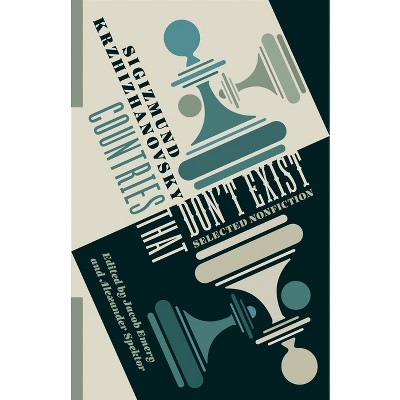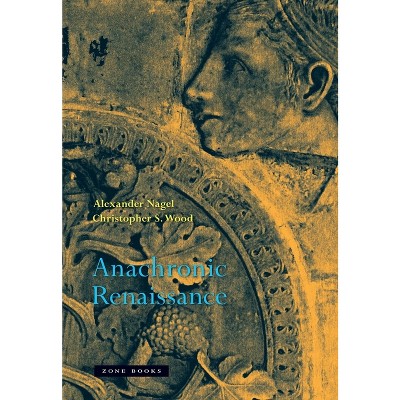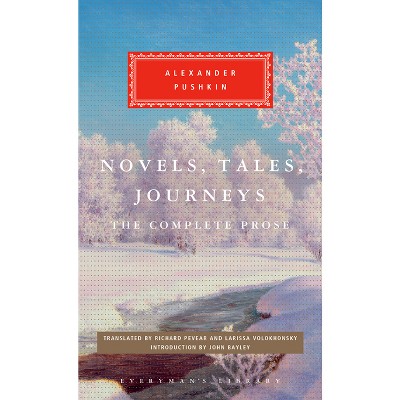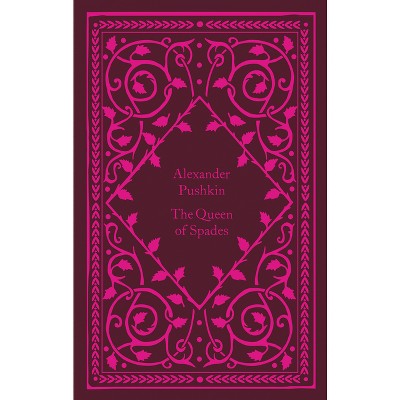
$11.99Save $4.96 (29% off)
In Stock
Eligible for registries and wish lists
About this item
Additional product information and recommendations
Discover more options
Frequently bought together

Highly rated
$20.30
Buy 1, get 1 50% off select books, movies & games
4.1 out of 5 stars with 57 ratings

$10.49
MSRP $20.00
Buy 1, get 1 50% off select books, movies & games
5 out of 5 stars with 1 ratings

$19.20
MSRP $26.99
Buy 1, get 1 50% off select books, movies & games
4.7 out of 5 stars with 139 ratings








